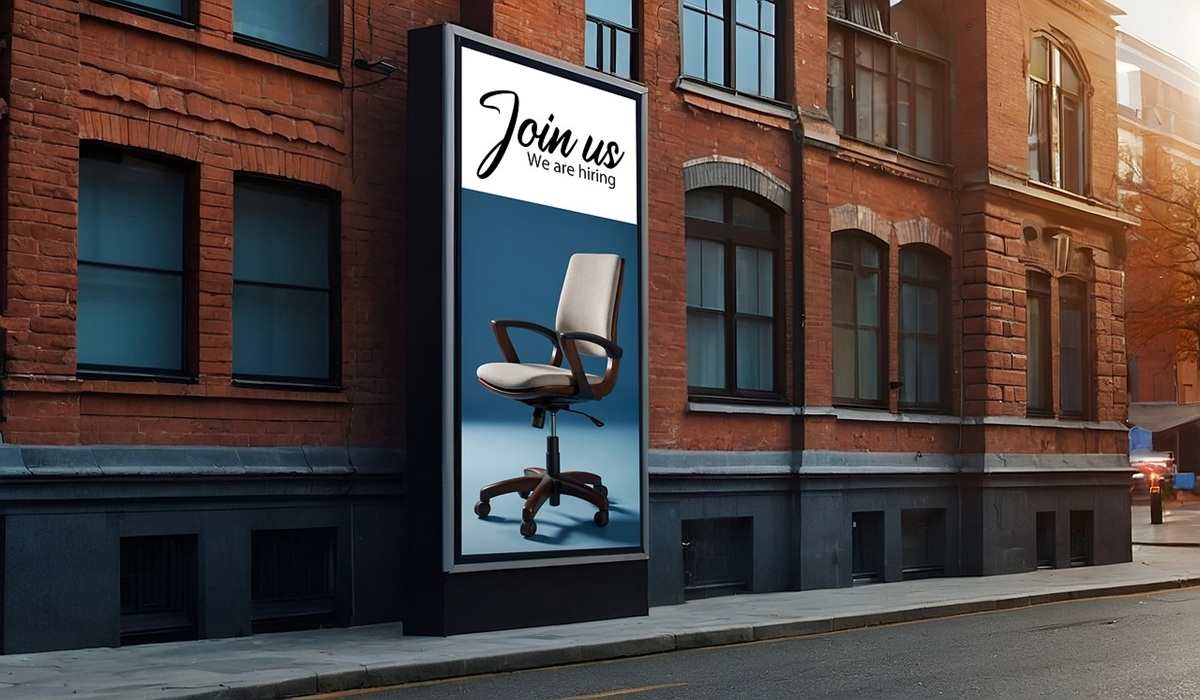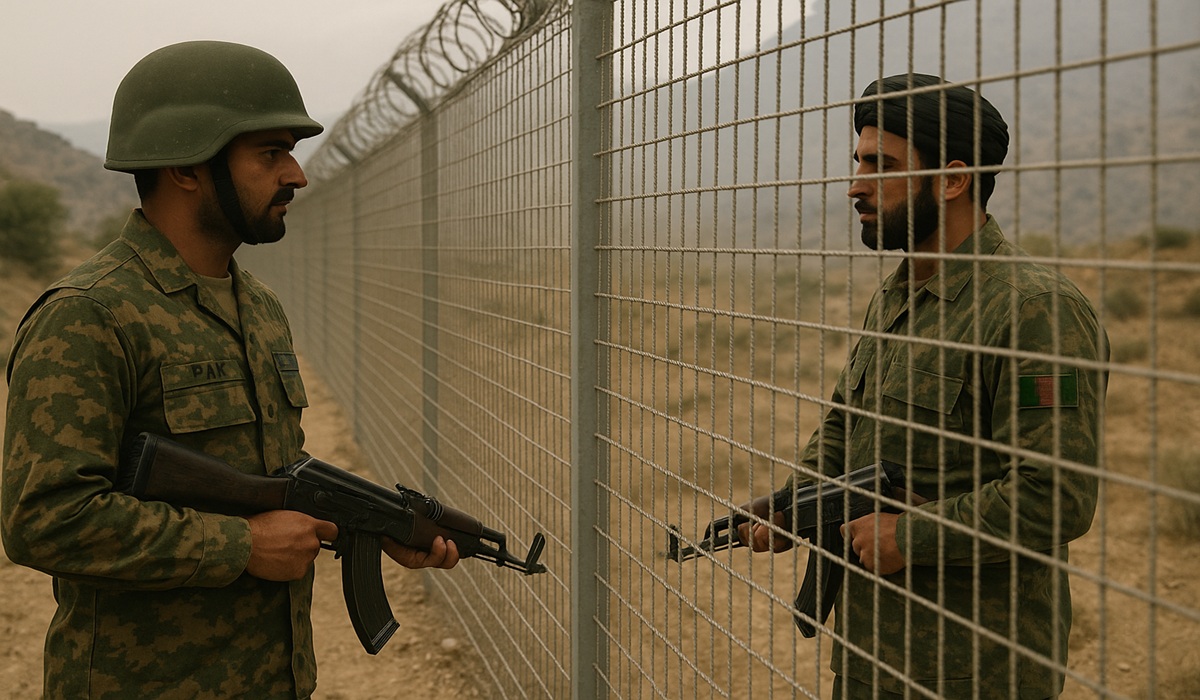Winnipeg Transit Safety: A Missed Opportunity for Smart Policing
- Don Woodstock
- Trending News
- September 18, 2025

Image Credit, Mitchell Johnson
The recent decision by the City of Winnipeg and Mayor and Council to deploy uniformed police officers on Winnipeg Transit has sparked debate among transit workers, riders, and community safety advocates. While the move may appear at first glance as a step toward increased security, a closer examination reveals that it reflects a fundamental misunderstanding of the dynamics of safety on Winnipeg’s buses—and a mismanagement of both resources and public trust.
As a former Winnipeg Transit bus operator, I have firsthand experience with the realities of transit safety. The challenges are well-documented: harassment, assaults, and disorderly behavior on buses are concentrated on certain routes, often escalating when operators are isolated. While visible police presence can act as a deterrent in theory, the reality is more nuanced. Uniformed officers, while authoritative, can create a temporary sense of security, but they do not address the underlying behavioral patterns of those causing disturbances. In fact, their presence can inadvertently exacerbate the problem.
The current administration’s approach relies heavily on the visibility of uniformed officers, but it misses the strategic subtleties of effective policing. Once officers are removed from service—whether temporarily or after a period of deployment—the perceived safety disappears. Riders and operators alike may feel exposed, and habitual troublemakers, emboldened by the absence of plain-clothes oversight, are likely to resume disruptive behavior. Simply put, the presence of uniformed officers is not a sustainable long-term deterrent.
A more pragmatic and proven approach, which I advocated during my previous mayoral campaign, is the implementation of plain-clothes officers on high-risk routes. This strategy mirrors the operational logic of U.S. Air Marshals: the public knows officers are present, but cannot identify them. The uncertainty creates a psychological deterrent against harassment, while officers retain the ability to intervene swiftly when incidents occur.
Under a plan I proposed, dubbed Operation Safe Ride, several practical measures would maximize both safety and fiscal responsibility:
- Reduction of Acting Transit Supervisors: At least ten acting Transit Supervisors would return to active driving duties, restoring operational efficiency.
- Reallocation of Salaries: The budget savings would fund a complement of at least thirteen plain-clothes, first-year police officers to patrol the most challenging routes.
- Targeted Deployment: Officers would focus on routes with a history of disturbances, ensuring resources are directed where they are most effective.
- Immediate Intervention: Incidents would be addressed in real time. Problematic individuals could be apprehended immediately, removed from service, and transported off the bus, maintaining service continuity and reinforcing that assaults and harassment will not be tolerated.
This strategy accomplishes several objectives simultaneously: it preserves the public’s sense of safety, deters disruptive behavior, and ensures that veteran officers can be deployed more effectively across broader community priorities. By contrast, placing uniformed officers on buses consumes significant taxpayer resources, ties experienced officers to limited environments, and risks creating a false sense of security that evaporates once their visible presence is removed.
Moreover, Winnipeg is a city already contending with financial constraints. Allocating fully trained, uniformed officers to ride buses—essentially removing them from other critical duties—is not only inefficient but also costly. A plain-clothes approach offers a scalable, flexible solution without inflating the city’s operational expenditures.
While the intentions behind the Mayor and Council’s current decision are understandable, the strategy lacks the tactical depth and practical foresight necessary to address Winnipeg Transit’s safety challenges effectively. A plain-clothes, targeted program would achieve superior results, enhancing rider confidence while ensuring that policing resources are used where they can have the greatest impact.
Winnipeg deserves transit safety policies grounded in operational experience and pragmatic strategy. The plain-clothes officer approach provides a tested, cost-effective framework that preserves both the security of passengers and the efficiency of the city’s police force—an approach the current administration would be wise to reconsider.








